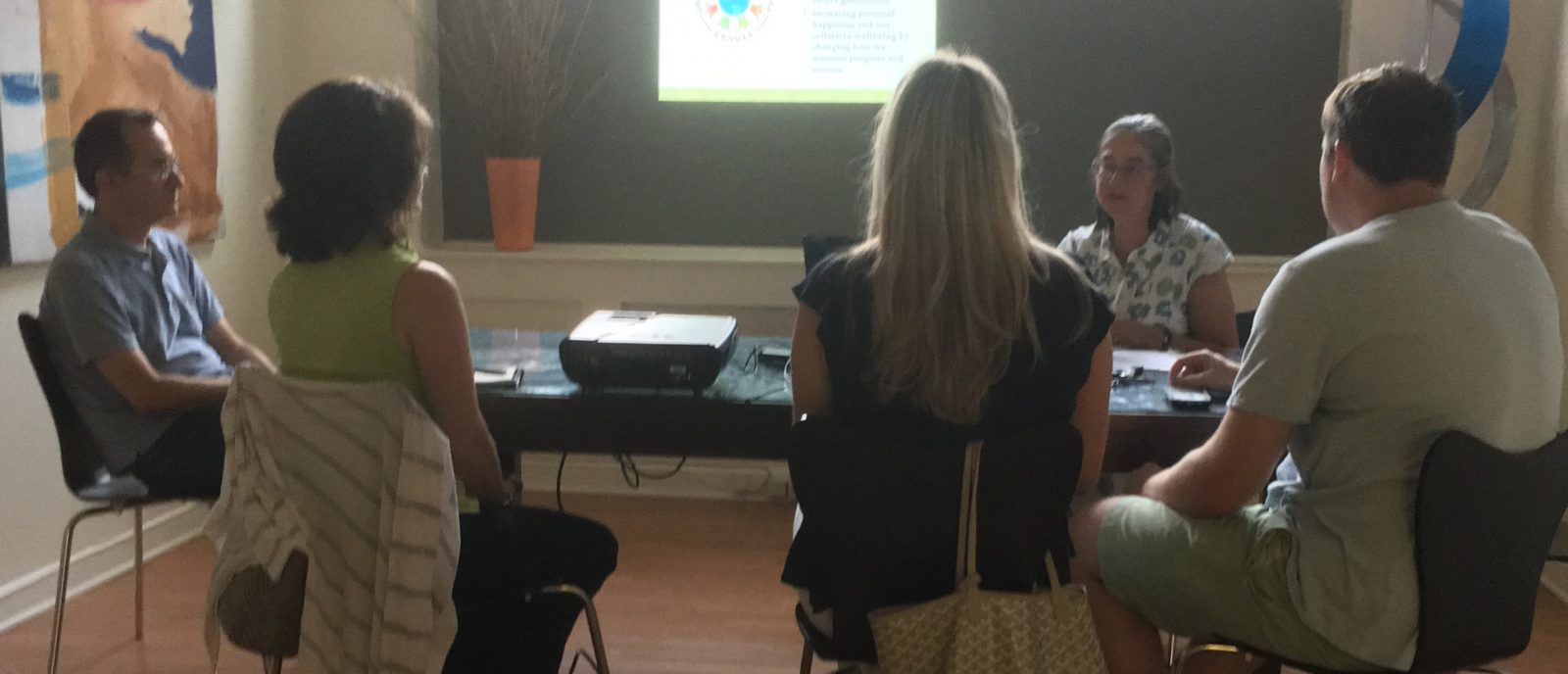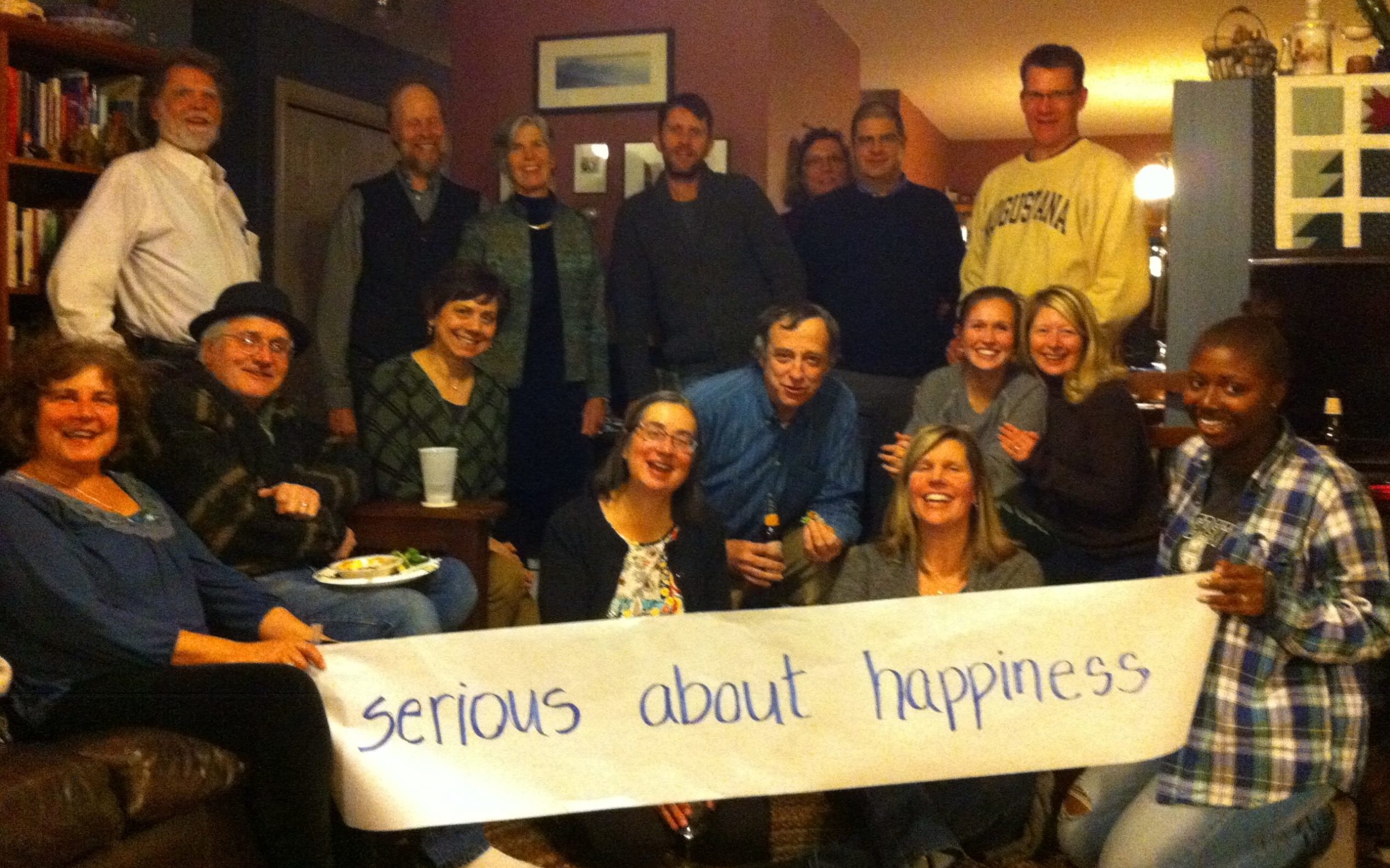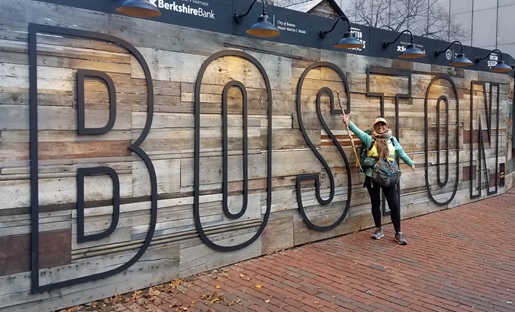How have your views of what matters most in life changed? It’s understandable that -…
Let’s Have More Conversations Like These

On a hot summer night, the beginning of a long Fourth of July weekend, a hardy group gathered in Princeton, NJ to discuss adopting GNH policies in the United States to better enable widespread pursuit of happiness. It was the first of what we hope will be many conversations and presentations in the coming year. We’re currently lining up events in Ann Arbor, MI; Milwaukee, WI; Ithica, NY; Harrisburg, PA; the D.C. suburbs; and Asheville, NC for the fall. Please email us at info@GNHUSA.org for more details, and/or to request a presentation in your home town.
What we discussed, and why it matters:
We at GNHUSA have long believed in, and fostered, conversations about happiness and well-being. We encourage happiness dinners, and conduct thousands of interviews about what matters most in life during our Happiness Walk. These discussions are vital, in part because they allow us to collect data which we can use to inform policy decisions when we finish collecting and analyzing our “Serious About Happiness” survey.
The event in Princeton went in a different direction, focusing less on personal well-being and more on the GNH movement worldwide and here in this country — the history, vision, growth, and aspirations of GNHUSA and its partners. It was a very interactive evening, with an engaged, thoughtful group of participants. We need more conversations like these, because the current GDP paradigm is clearly not sufficient to guide well-being policy decisions and moving toward the practical but radically different GNH approach needs to involve many heads, hearts, and hands.
For example, one question we have at GNHUSA is whether or not the Bhutanese nine domain of well being — psychological well-being; material well-being; good governance; health; education; community vitality; cultural diversity and resilience; balanced time use; and ecological diversity — provide the appropriate framework for policy making in the United States. Thus, it was so helpful when one of the Princeton participants asked, have any answers from the Happiness Walk NOT fit within the current domains structure. We had a very interesting talk about this question.
The presentation that night was billed as an hour long; everyone stuck around for another full hour to discuss the issues. Here are some of the highlights of our conversation:
- Should we just model ourselves on Europe? This was interesting for me because I had just read “Year of Living Danishly” so I had a fresh understanding that the Danish way just wouldn’t culturally work here. My perspective was, we have to find our own way — but clearly, Europe has a lot to offer us.
- Can we go “backwards”? One woman talked about the ever increasing arms race of stuff (like the need to have sub-zero refrigerators) and wondered if we can step back? We shifted the conversation to not going backward but rather making other choices — ie, giving up having to pay for stuff in favor of having more time to enjoy family, nature, etc. One participant, originally from Sarajevo and a refugee from the war there, was strong in his opinion that it’s one thing to voluntarily give up stuff and quite another to have everything taken from you. Very important points.
- Law of diminishing returns — We were fortunate to have with us that night a dentist who was once an economics undergrad. She illustrated the inability of more and more stuff to make us happier by using the law of diminishing returns, in pizza term. That is, you eat one slice of pizza and love it. The second is also pretty good. The third, okay, but not quite so great. On and on — the joy of pizza eating diminishing, and eventually becoming not at all pleasurable. Such a helpful metaphor!
All in all, Princeton provided a great kick-off for our GNHUSA-on-the-road conversations. We look forward to meeting with, and learning from, many more of you in the coming months.



